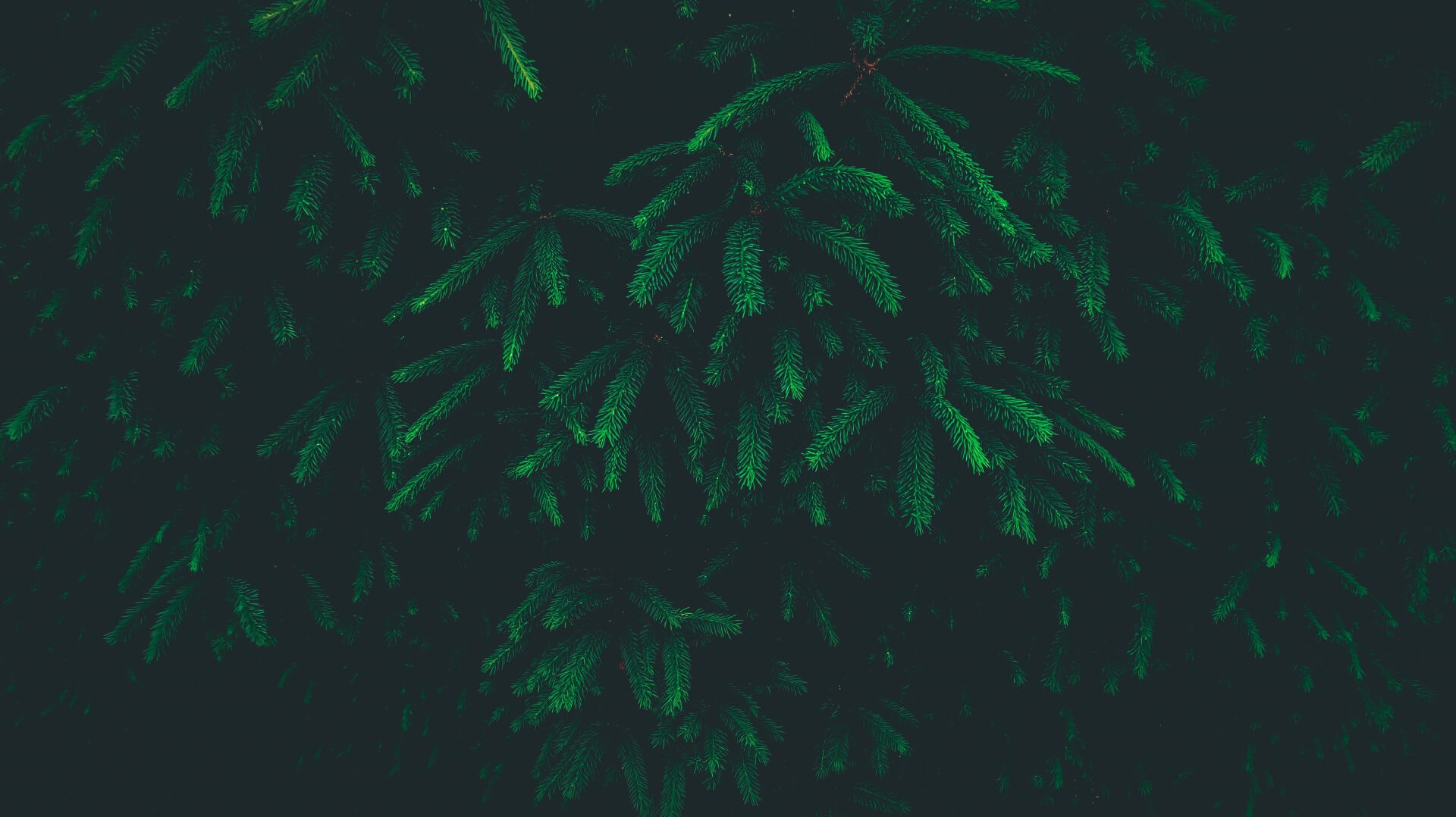
Senior Capstone
Black Campers and Outdoor Recreation: Why is the community so small?
Camping and Outdoor Recreation for generations has been seen as "White Thing."
However within Hampton Roads and around the country, there are groups of minorities that camp and enjoy the outdoors just as much as their white counterparts.
But a question had by those within the camping and outdoor recreation community is, "Why don't black people camp as much, and how do we bring more into the activity?"
Black people historically held a strong connection with nature, however that connection seems to have fizzled out.
During this research, a constant reason for this issue comes from a history of racism and generational trauma that has been observed in the woods.
This project focuses on a small but growing group of African-Americans who are involved with the outdoors.
Video
Extended Interview with Earl B. Hunter Jr.
Earl B. Hunter Jr. was once skeptical of camping, after growing up being told by his elders to avoid the wilderness. However, in 2015, he was exposed to camping for the first time and has never looked back.
In 2019, Hunter Jr. established "Black Folks Camp Too" to bring more people, specifically minorities, into the world of camping and outdoor recreation.
Here is the full unedited interview with Hunter Jr. (28 minutes). Here we discuss in-depth Hunter Jr.'s experience with camping and the mission of his organization.
More Observations During Research:
Many African-Americans refuse to do outdoor activities based on generational fears. Stories of rapes, lynchings, and beatings that have been passed down generation to generation. Though, historically the forest also served as a place of protection and sustainment while escaping, and a place for religious gatherings.
The National Park Service at one point segregated its parks, limiting access to black folks for trails and water activities or making it expensive. This past is now affecting camping for all peoples in general.
Camping was originally used as a way for White people to escape the city and avoid minorities. It later turned into a status symbol that caused many white people concern once seeing Black people begin to participate.
Camping is expensive, which is why many black people do not camp. Large outdoor companies tend to focus on black people in a lower tax bracket rather than those who are more likely to afford it.
It is believed in a research document that the reason for the Wilderness Act is to make a way to clearly define wilderness and make it something that white people can relate to by putting policies in place by a predominantly white government body.
With several white people I spoke with, they do not have an idea as to why Black people don't camp as much. In an interview with Earl Hunter Jr. many camping and outdoor recreation executives cannot comprehend a lack of minorities camping and are struggling to find ways to reach out to them.
According to the Kampgrounds of America 2021 Camping Report, in terms of camping, the number of black families camping has increased from 7% to 12% of all campers.
Many Black People don't camp or participate in outdoor recreation due to it being a "white people thing"
Earl Hunter Jr. of Black Folks Camp Too, strongly believes that in order for more black people to enter the Camping industry, they must learn alongside other races.
Sources:
- Black faces, black spaces: Rethinking African American underrepresentation in wildland spaces and outdoor recreation
- Who Is Responsible for Normalizing Black Bodies in White Spaces?
- This NC man is fighting generational stigma to encourage Black people to explore the great outdoors
- Why black people should take up space outdoors.
- American Campers get younger, more ethically diverse
- Kampgrounds of America 2021 North America Camping Report
- Black People Don't Camp
- Black Folks Camp Too
- Black Led Organizations Changing The Face of Outdoor Recreation
